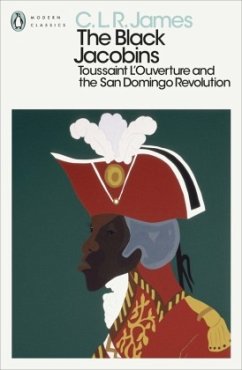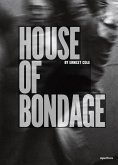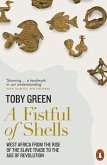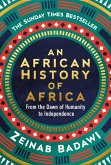In 1791, inspired by the ideals of the French Revolution, the slaves of San Domingo rose in revolt. Despite invasion by a series of British, Spanish and Napoleonic armies, their twelve-year struggle led to the creation of Haiti, the first independent black republic outside Africa. Only three years later, the British and Americans ended the Atlantic slave trade.
In this outstanding example of vivid, committed and empathetic historical analysis, C. L. R. James illuminates these epoch-making events. He explores the appalling economic realities of the Caribbean economy, the roots of the world's only successful slave revolt and the utterly extraordinary former slave - Toussaint L'Ouverture - who led them. Explicitly written as part of the fight to end colonialism in Africa, The Black Jacobins put the slaves themselves centre stage, boldly forging their own destiny against nearly impossible odds. It remains one of the essential texts for understanding the Caribbean - and the region's inextricable links with Europe, Africa and the Americas.
Hinweis: Dieser Artikel kann nur an eine deutsche Lieferadresse ausgeliefert werden.
In this outstanding example of vivid, committed and empathetic historical analysis, C. L. R. James illuminates these epoch-making events. He explores the appalling economic realities of the Caribbean economy, the roots of the world's only successful slave revolt and the utterly extraordinary former slave - Toussaint L'Ouverture - who led them. Explicitly written as part of the fight to end colonialism in Africa, The Black Jacobins put the slaves themselves centre stage, boldly forging their own destiny against nearly impossible odds. It remains one of the essential texts for understanding the Caribbean - and the region's inextricable links with Europe, Africa and the Americas.
Hinweis: Dieser Artikel kann nur an eine deutsche Lieferadresse ausgeliefert werden.









